Twelve honorees join Curry Stone Social Design Circle for August 2017
By Justine Testado|
Tuesday, Aug 1, 2017
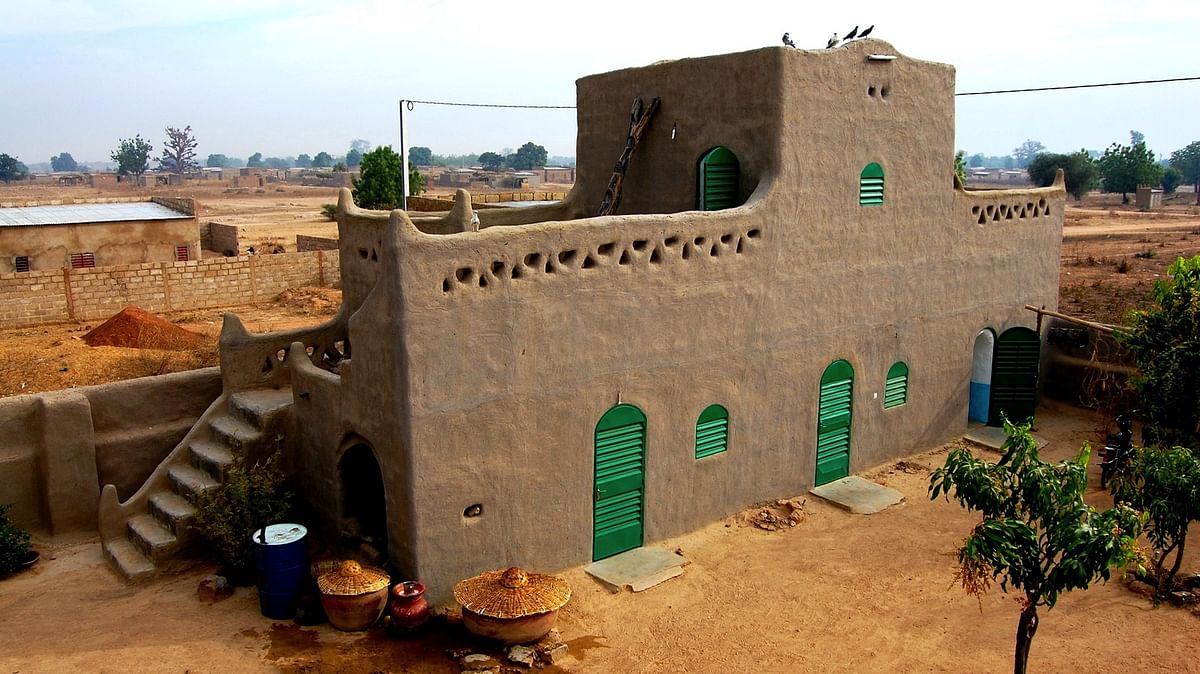
Related
It's the start of a new month! That means the Curry Stone Foundation has revealed their latest group of Social Design Circle honorees. Since this January, instead of awarding a single winner with the 2017 Curry Stone Design Prize, the foundation has been recognizing practices, organizations, and individuals for their exemplary work that is dedicated to addressing pressing issues in their communities and abroad.
The honorees, who come from around the world, are selected based on a specific monthly question that social designers address through their work. The Social Design Circle will recognize a total of 100 honorees by the end of the year. The question for August is: How Do We Design with Scarcity?
Learn more about the August honorees below.

Aprovecho (Cottage Grove, OR, USA): “Aprovecho is a U.S. based nonprofit that is a world renowned pioneer in the development of high efficiency cookstoves for the developing world. The organization began in 1982, when Larry Winiarski, a PhD in mechanical engineering, designed the “rocket stove,” which is still the prototype for the organization’s line of cookstoves. They have since evolved into a nonprofit dedicated to developing and disseminating appropriate technological solutions for refugees and impoverished communities across the globe.”
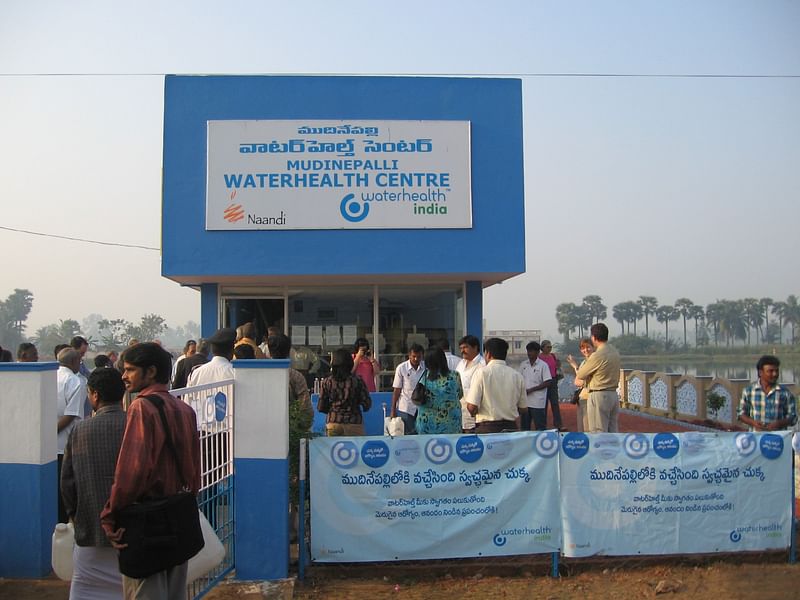
Ashok Gadgil (Mumbai, India): “Ashok Gadgil is a leading U.S. engineer working out of Lawrence Berkeley National Laboratories focused on designing lowcost solutions to the developing world’s most intractable problems. The animus behind Gadgil’s work is to find resilient, sustainable solutions implementable at a massive scale. Gadgil eschews trendy gadgets and technology and focuses on the simple, lowtech solutions that can be deployed as widely as possible.”
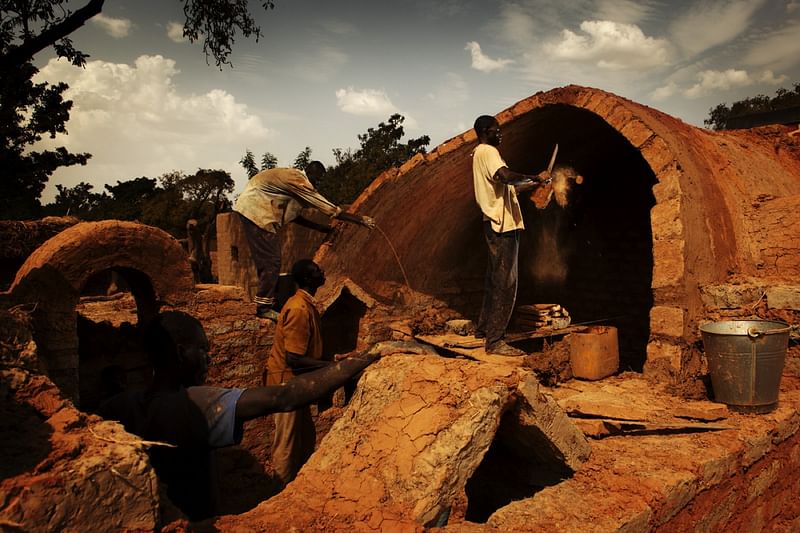
Association la Voute Nubienne
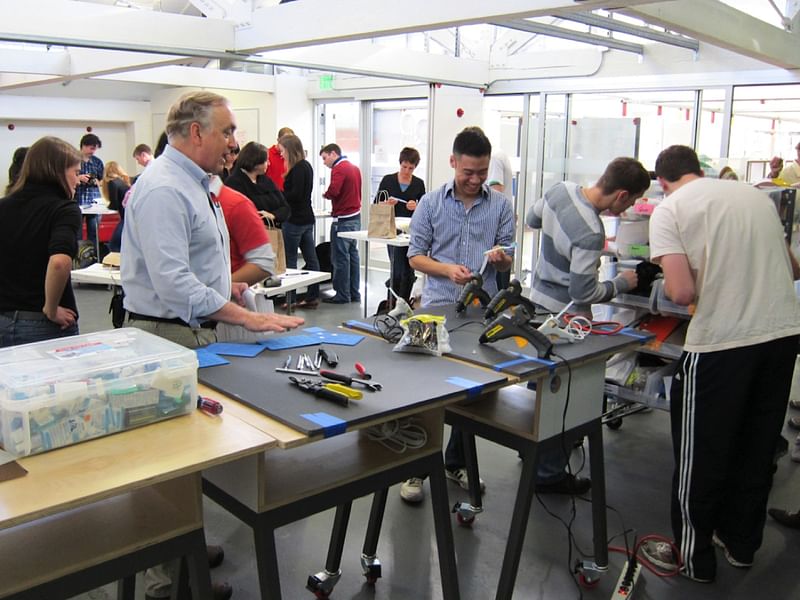
Design for Extreme Affordability
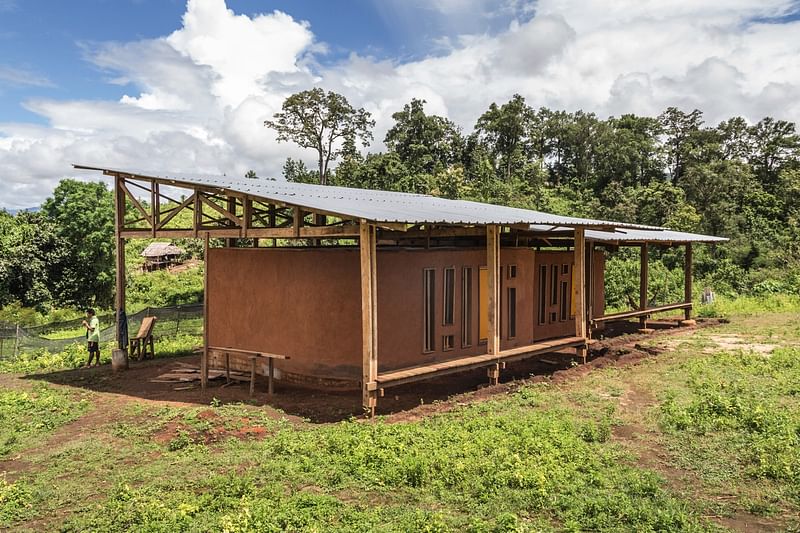
Gyaw Gyaw (Arnes, Norway, Tak, Thailand): “G’Yaw G’Yaw is a community development nonprofit operating at the border between Myanmar and Thailand. It was cofounded by Norwegian landscape architect Line Ramstad and villagers from the remote Karen village of Noh Bo in 2008. Ramstad had first visited Noh Bo as part of short term architectural project, but when the project was finished, she decided to stay and began to work in partnership with local villagers – a collective that would eventually become G’Yaw G’Yaw.”
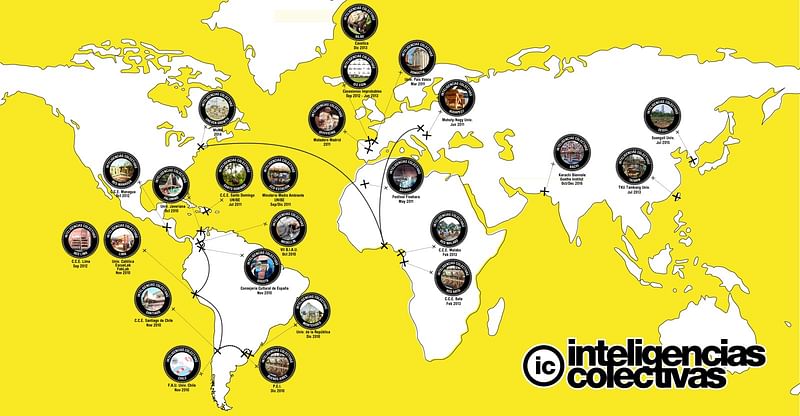
Inteligencias colectivas (Madrid, Spain): “Inteligencias Colectivas is a Spain-based nonprofit collective that focuses on what it calls the ‘fringe’ of construction practice. Although based in Spain, the Collective draws members and executes projects all over the world. Between the highly mechanized construction of the developed world, and the ancient methods used in less developed societies, there exists an infinite array of blended practices that have their own wisdom. Inteligencias Colectivas, through its online platform, seeks to collect, collate and share these practices that exist between the fully formal and the informal. Through this information sharing, the group seeks to create a kind of ‘horizontal’ learning system, where practitioners across the world can learn from the improvisation being conducted by their peers in other contexts.”
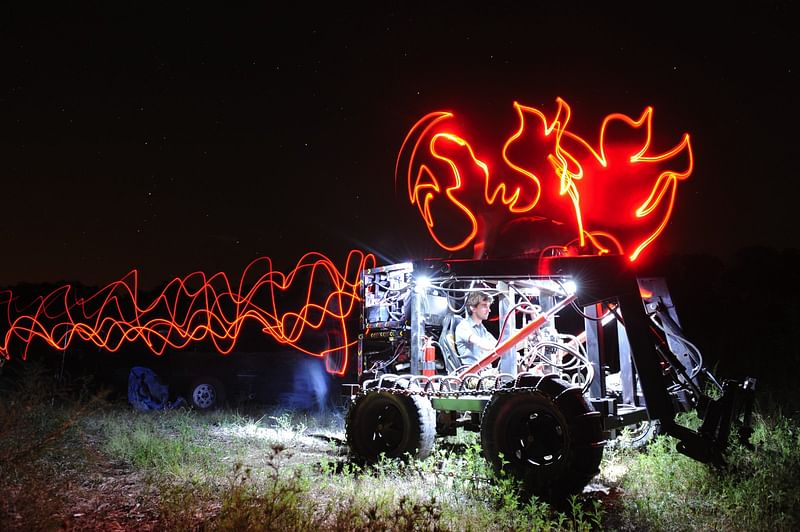
Open Source Ecology (Maysville, MO, USA): “Open Source Ecology is a U.S. nonprofit dedicated to creating an open source economy through global collaboration. The organization is best known for their Global Village Construction Set (“GVCS”): a set of 50 industrial and agricultural machines that are meant to serve as a source code for a civilization. All of the included machines – from tractors to circuit boards are considered to be fundamental to contemporary life. The intent is that the 50 machines are modular and complementary such that they form the DNA of larger, more complex systems; they can be endlessly recombined to fit the needs of communities the world over.”
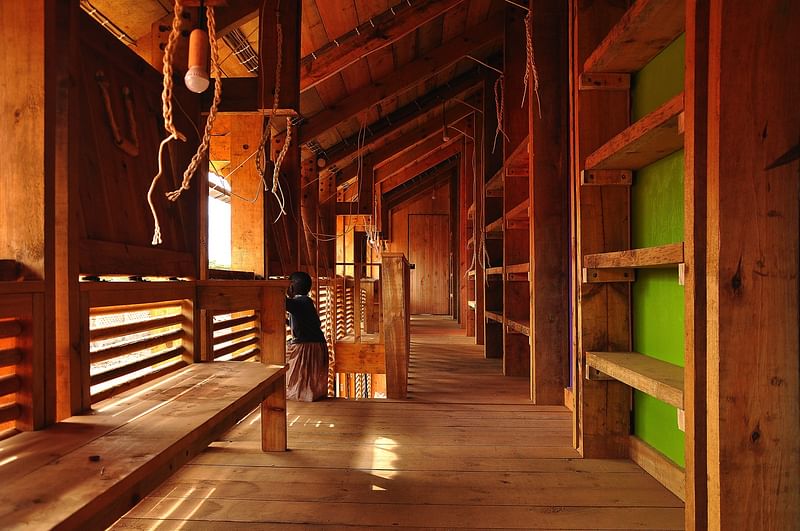
Orkidstudio (Kilmalcolm, UK): “Orkid Studio is a design/build nonprofit active throughout Africa, focused on longterm sustainable development through community based design and construction. Their process looks to deliberately avoid conventional methods of distributing aid, instead beginning with an examination of local context, materials, resources and skills. An original design process then arises out of that initial examination.”
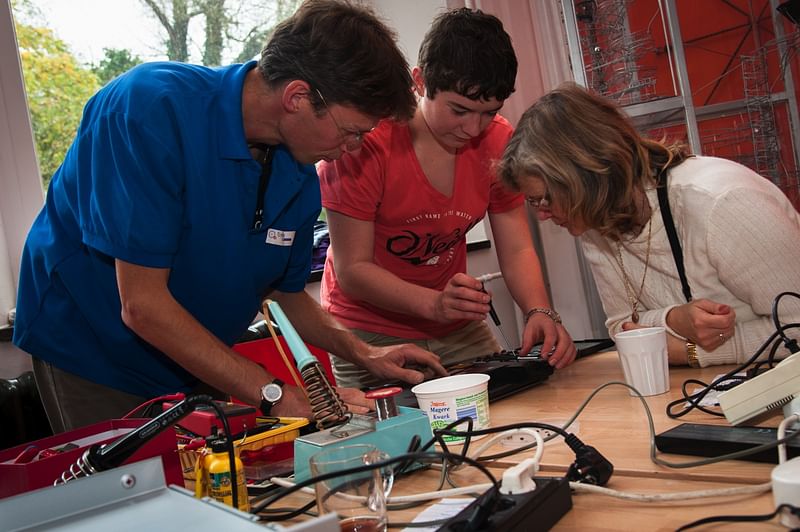
Repair Cafe (Amsterdam, The Netherlands): “The Repair Café is both an organization and a global network of cafes that emphasize the repair of everyday things in order to promote a culture of sustainability and reuse. Dutch journalist Martine Postma originally conceived the idea in 2009 with the idea that we could reduce what we put in landfills by taking the time and energy to repair rather than replace. There are now over 1,100 Repair Cafes in 30 countries, all operated on a volunteer basis.”
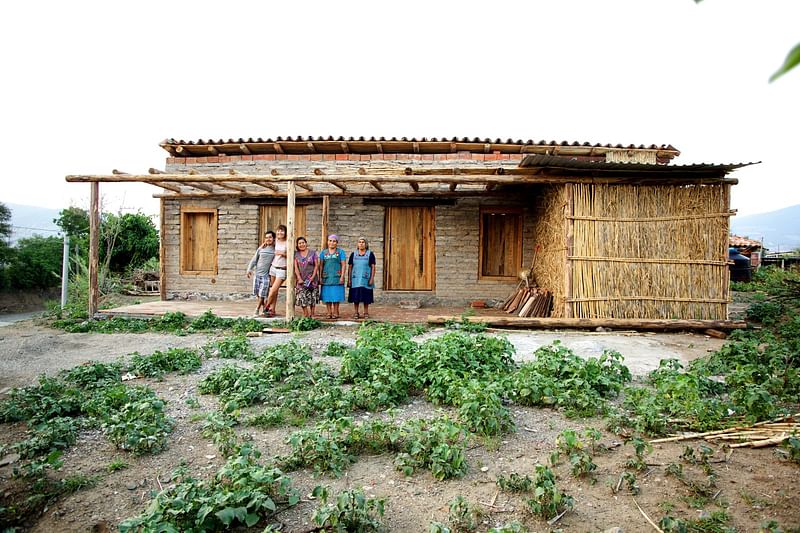
RootStudio (Oaxaca de Juarez, Mexico): “Root Studio is a multidisciplinary design studio originating from Oaxaca City, Mexico which develops community level structures and housing for communities in need. Although based in Mexico, the studio also has offices in Uruguay and has done projects as far away as Nepal. Root Studio works in painting, illustration, sculpture and architecture. They are here nominated for their efforts working with dispossessed and disaffected communities. Their work evinces certain themes: They emphasize community participation and the engagement of locals throughout the design process.”
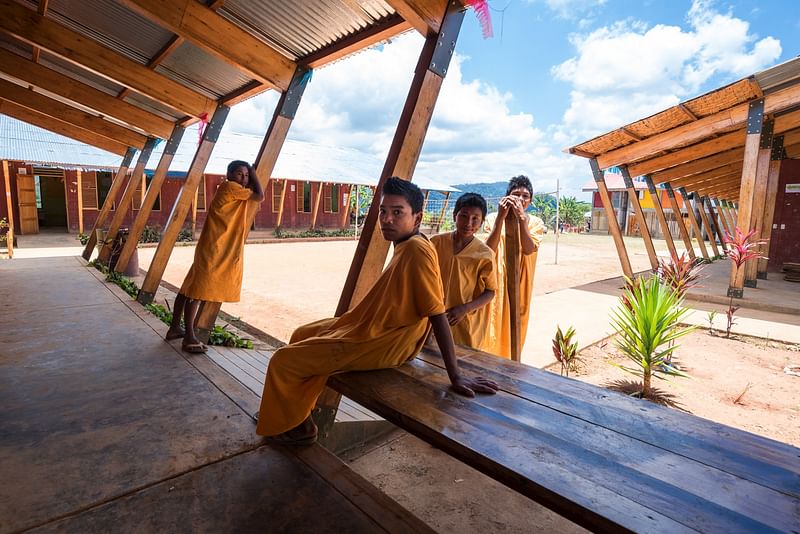
Semillas para el Desarrollo Sostenible (Pangoa, Peru): “Semillas para el Desarrollo Sostenible “Seeds for Sustainable Development” is a Peruvian nonprofit confronting development challenges in the Peruvian Amazon. Historically, this area has suffered from a lack of infrastructure development, and most acutely from a lack of educational resources. [...] In partnership with local governments and other agencies, Semillas hopes to reverse that trend. [...] Focusing primarily on schools, the studio holds community engagement and interaction as the basis for its work. It looks for opportunities to utilize local materials and employ local labor, with every project being viewed as an exchange.”
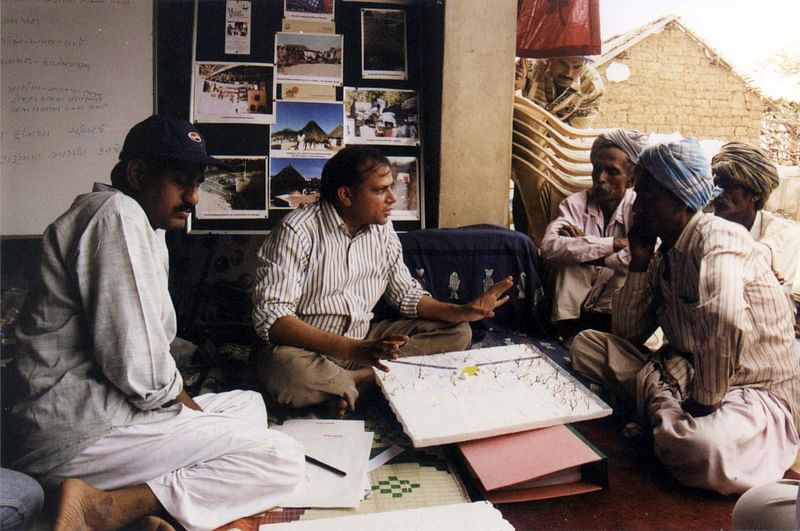
Yatin Pandya (Ahmedabad, India): “Yatin Pandya is the founder and executive director of Footprints E.A.R.T.H. (Environment, Architecture, Research, Technology, Housing), an Indian professional services organization focused on research, design and promotion of more sustainable urban futures. Their work runs the gamut from architecture to campus planning to education, with the intention that each project become an educational tool in a campaign to help India think differently about its built environment. Footprints E.A.R.T.H. is also well known for their work on recycling and up-cycling...”

RELATED NEWS Four honorees join Curry Stone Social Design Circle for July 2017

RELATED NEWS Eleven more Curry Stone Social Design Circle members announced for June

RELATED NEWS Nine Curry Stone Social Design Circle honorees announced for May 2017


Share
0 Comments
Comment as :